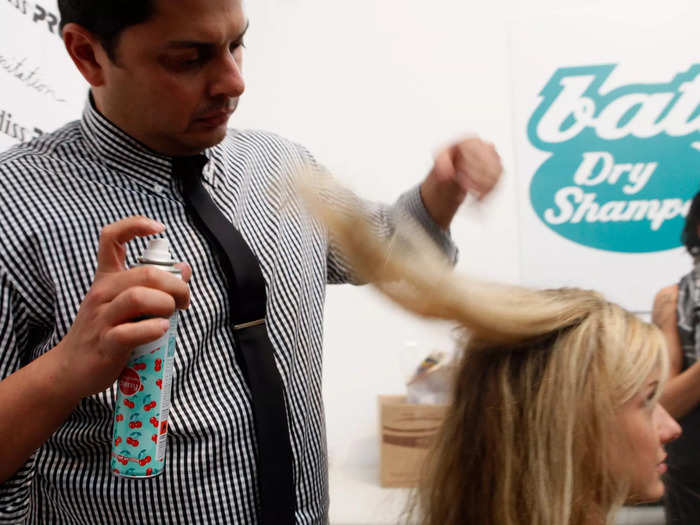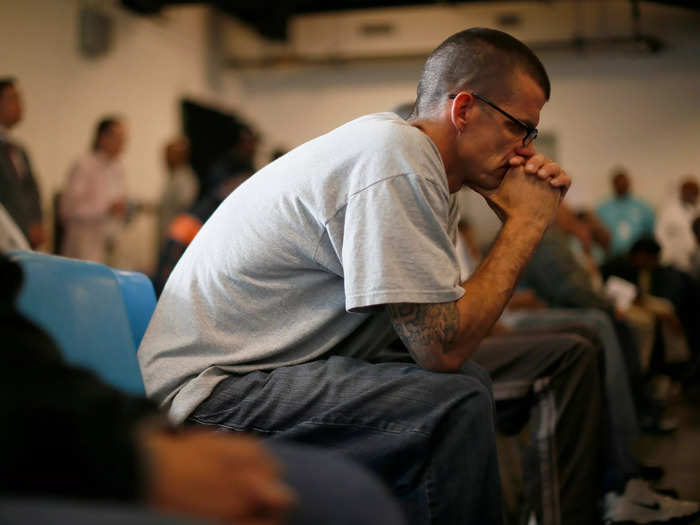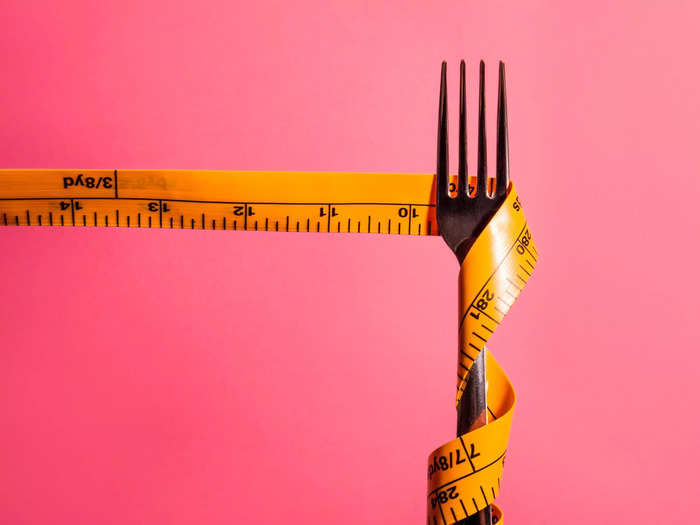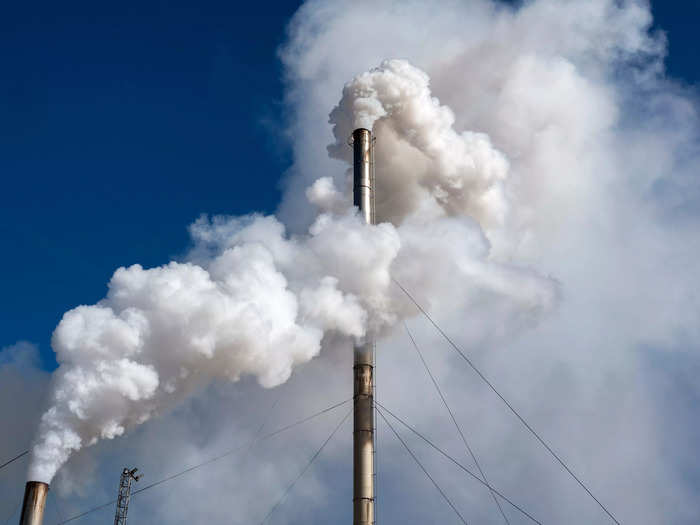5 surprising things that make your hair fall out, from dry shampoo to PTSD

- Stress, genetics, and chemotherapy are the most common causes of hair loss in men and women.
- But other factors — like illness and bacterial buildup — can also cause your hair to fall out.
Using too much dry shampoo can cause bacteria to build up, which can result in hair loss.

Dry shampoo is a hair product that absorbs oil to keep your hair looking clean without washing it. Many dry shampoos contain starch, flour, or talc and come in either a powder or aerosol spray, Insider previously reported.
Dermatologists told Insider overusing the product can cause hair loss. Dry shampoo buildup on the scalp can trap bacteria, causing hair follicle inflammation in the form of pimples or cysts. The cysts dry out and become scabs, disrupting hair follicles and leading to hair loss, dermatologists said.
Dry shampoo that contains alcohol can also dry out the hair shaft, which causes hair to stick together, dermatologist Marnie Nussbaum told Glamour. Nussbaum said hair that sticks together falls out in a greater quantity through natural shedding and brushing compared to healthy hair.
People with post-traumatic stress disorder can experience hair loss.

Psychologists recently told Refinery29 that PTSD can elevate a person's stress hormones for long periods of time, causing hair loss months after they experienced the traumatic event.
Stress is the second most common cause of hair loss, Insider previously reported. Physical or emotional stress causes the body to go into survival mode and stop non-essential functions, like hair growth, according to dermatologists.
Though hair tends to grow back a few months after a one-off stressful event, people with PTSD experience continued loss because their bodies are in "extreme stress" for longer, hair loss specialist Dr Furqan Raja told Refinery29.
Many people with COVID-19 said their hair thinned or fell out.

It seems Drake wasn't lying when he blamed COVID-19 for his unusual hair line. Many COVID-19 patients reported temporary hair loss, a claim bolstered by a January 2021 study in The Lancet, which identified hair loss as a long-term symptom in the months after contracting the virus.
Like PTSD, illness and fever are stressors that cause the body to "shut off" non-essential functions, per The American Academy of Dermatology. The group said though hair loss is common 2-3 months after fever or illness, most people see their hair look normal again and stop shedding 6-9 months after their sickness. But emerging research has identified hair loss as a symptom for people with Long Covid, or prolonged symptoms in COVID-19 survivors.
Weight loss can mean hair loss in some cases.

Fad diets and intense intermittent fasting can result in hair loss and other disruption in bodily functions because they deprive the body of essential nutrients. Losing hair is also common among weight loss surgery patients, per Penn Medicine.
One woman who lost 120 pounds in a year told Insider she experienced "extreme" hair loss that came out in clumps when she showered.
Not eating enough protein, the substance our hair follicles are made out of, and low levels of vitamin D, and iron are common culprits for hair loss.
Plastic surgeon Alexander Zuriarrain previously told Insider a diet that includes salmon, lentils, fortified milk, dark, leafy greens, and eggs can help prevent and reverse hair loss.
Air pollution might impede hair growth, but more research is needed.

Air pollutants created by the burning of fossil fuels and industrial activities contribute to long-term health problems like heart and lung disease, and researchers are studying how these particles impact our skin and hair.
One 2019 study from South Korea found exposure to diesel and dust particles lowered levels of cells that determine hair growth and retention.
"We know that the health of your scalp skin is important in healthy hair growth and pollution can be detrimental to your skin," trichologist Michelle Blaisure told Allure regarding the study. "If the skin is compromised, the hair follicle can be affected as the follicle is an appendage of the skin."
But doctors told Allure more research is needed to better understand how pollution can influence hair growth.
Popular Right Now
Advertisement